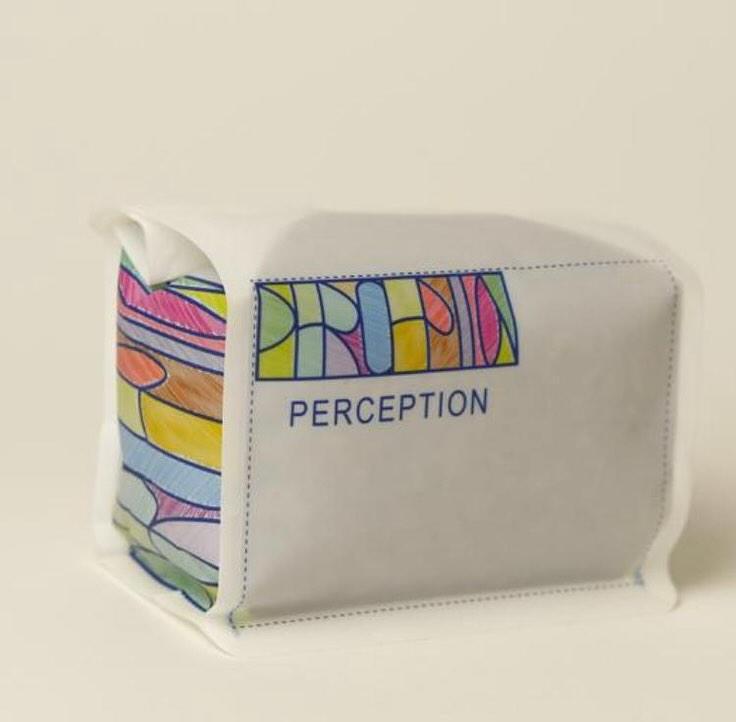
How to Properly Store Your Coffee Beans for Maximum Freshness
If you’re serious about enjoying the best cup of coffee, you know that freshness is key. The quality of your beans plays a significant role, but how you store them is just as important. Improper storage can lead to stale, flat, or even rancid coffee. In this guide, we’ll walk you through the best practices for keeping your coffee beans fresh and flavorful for as long as possible.
Coffee is at its peak flavor shortly after it’s roasted, but it begins to lose its freshness as soon as it’s exposed to air. Oxygen, light, heat, and moisture are the main enemies of coffee freshness. When coffee beans are exposed to these elements, they undergo oxidation, causing the flavors and aromas to deteriorate. Proper storage is essential to slow down this process and preserve the unique characteristics of your beans.
The first step in storing your coffee beans is choosing the right container. A high-quality, airtight container is a must to protect your beans from oxygen, which is the primary cause of staleness. Look for containers specifically designed for coffee storage with one-way valves that allow carbon dioxide to escape without letting air in. These containers help maintain the freshness of your beans by minimizing exposure to oxygen while allowing any built-up gas to release.
Coffee beans should be stored in a cool, dark place, away from direct sunlight and heat sources. Light and heat can accelerate the aging process, causing your beans to lose their flavor more quickly. Avoid keeping your coffee near ovens, stoves, or windows where temperature fluctuations are common. A pantry or cupboard away from light and heat is an ideal spot for storing your beans.
One of the most common misconceptions about storing coffee is that it should be kept in the fridge or freezer. While this might seem like a good idea, it’s not recommended. Coffee beans are porous and can easily absorb moisture, odors, and flavors from their surroundings. Storing them in the fridge exposes them to temperature changes every time you open and close the door, leading to condensation that can spoil the beans. Similarly, freezing your beans can cause them to become brittle and lose their essential oils, resulting in a dull and lifeless brew.
One of the best ways to ensure your coffee stays fresh is to buy it in small batches. Coffee is at its freshest within the first few weeks after roasting. Instead of stocking up on large quantities of beans, purchase smaller amounts that you can consume within two to three weeks. This way, you’ll always be brewing coffee at its peak freshness.
Grinding your coffee beans just before brewing is essential for maximum freshness. Once coffee is ground, it has an even larger surface area exposed to oxygen, which speeds up the staling process. To keep your coffee as fresh as possible, invest in a good-quality grinder and only grind the amount of coffee you need for each brew.
If you prefer to keep your coffee in its original packaging, make sure you reseal the bag tightly after each use. Many coffee bags come with zip locks or tin ties for resealing. Squeeze out as much air as possible before sealing the bag. You can also consider using a clip or transferring the beans to an airtight container for better protection.
Storing your coffee beans correctly is key to enjoying a consistently fresh and flavorful brew. By using an airtight container, storing in a cool, dark place, and grinding only what you need, you can extend the life of your coffee beans and enjoy a better cup every time. Remember, the fresher the beans, the better the brew – so treat your coffee with care!
1. Why Freshness Matters
Coffee is at its peak flavor shortly after it’s roasted, but it begins to lose its freshness as soon as it’s exposed to air. Oxygen, light, heat, and moisture are the main enemies of coffee freshness. When coffee beans are exposed to these elements, they undergo oxidation, causing the flavors and aromas to deteriorate. Proper storage is essential to slow down this process and preserve the unique characteristics of your beans.
2. Use an Airtight Container
The first step in storing your coffee beans is choosing the right container. A high-quality, airtight container is a must to protect your beans from oxygen, which is the primary cause of staleness. Look for containers specifically designed for coffee storage with one-way valves that allow carbon dioxide to escape without letting air in. These containers help maintain the freshness of your beans by minimizing exposure to oxygen while allowing any built-up gas to release.
3. Store in a Cool, Dark Place
Coffee beans should be stored in a cool, dark place, away from direct sunlight and heat sources. Light and heat can accelerate the aging process, causing your beans to lose their flavor more quickly. Avoid keeping your coffee near ovens, stoves, or windows where temperature fluctuations are common. A pantry or cupboard away from light and heat is an ideal spot for storing your beans.
4. Avoid Storing Coffee in the Fridge or Freezer
One of the most common misconceptions about storing coffee is that it should be kept in the fridge or freezer. While this might seem like a good idea, it’s not recommended. Coffee beans are porous and can easily absorb moisture, odors, and flavors from their surroundings. Storing them in the fridge exposes them to temperature changes every time you open and close the door, leading to condensation that can spoil the beans. Similarly, freezing your beans can cause them to become brittle and lose their essential oils, resulting in a dull and lifeless brew.
5. Buy in Small Batches
One of the best ways to ensure your coffee stays fresh is to buy it in small batches. Coffee is at its freshest within the first few weeks after roasting. Instead of stocking up on large quantities of beans, purchase smaller amounts that you can consume within two to three weeks. This way, you’ll always be brewing coffee at its peak freshness.
6. Grind Only What You Need
Grinding your coffee beans just before brewing is essential for maximum freshness. Once coffee is ground, it has an even larger surface area exposed to oxygen, which speeds up the staling process. To keep your coffee as fresh as possible, invest in a good-quality grinder and only grind the amount of coffee you need for each brew.
7. Reseal Bags Properly
If you prefer to keep your coffee in its original packaging, make sure you reseal the bag tightly after each use. Many coffee bags come with zip locks or tin ties for resealing. Squeeze out as much air as possible before sealing the bag. You can also consider using a clip or transferring the beans to an airtight container for better protection.
Conclusion: Keep Your Beans Fresh, Keep Your Brew Bold
Storing your coffee beans correctly is key to enjoying a consistently fresh and flavorful brew. By using an airtight container, storing in a cool, dark place, and grinding only what you need, you can extend the life of your coffee beans and enjoy a better cup every time. Remember, the fresher the beans, the better the brew – so treat your coffee with care!
